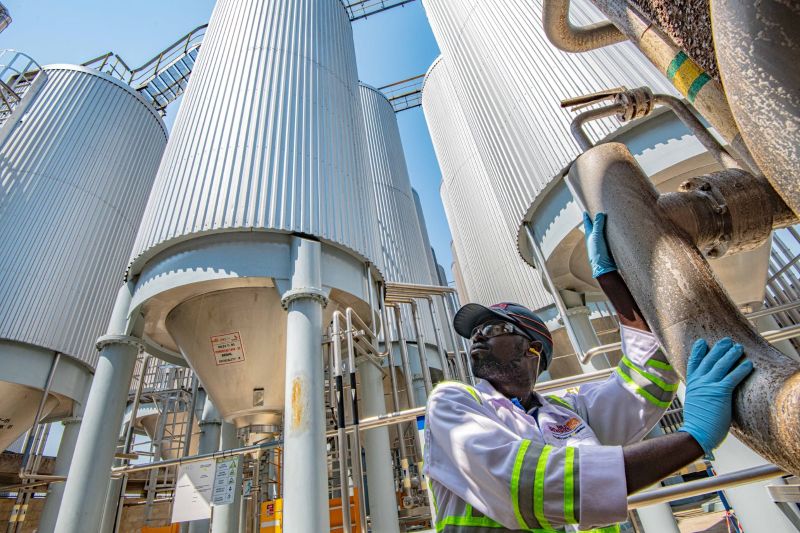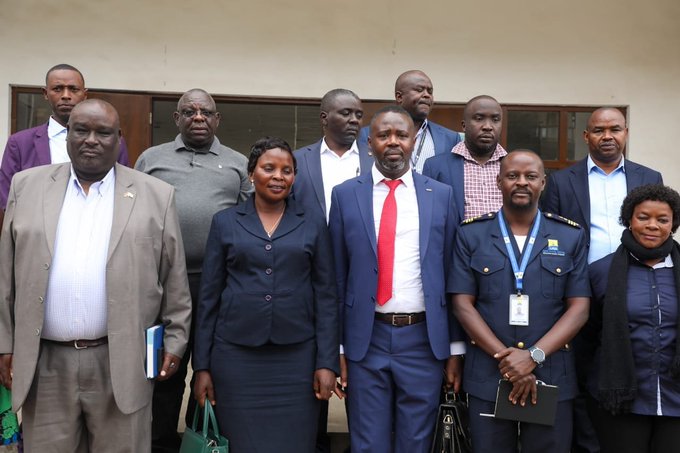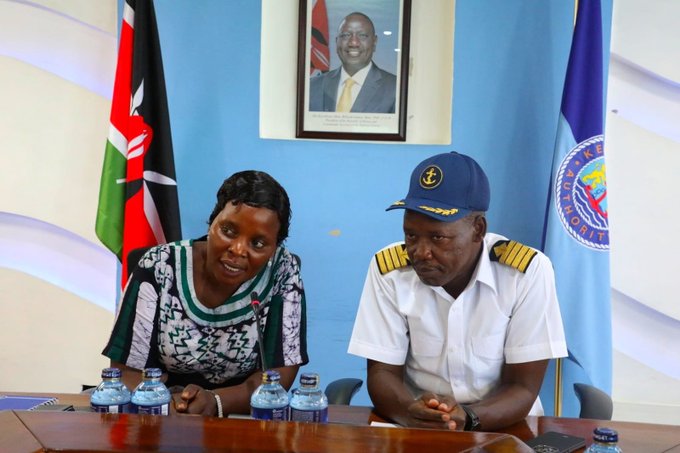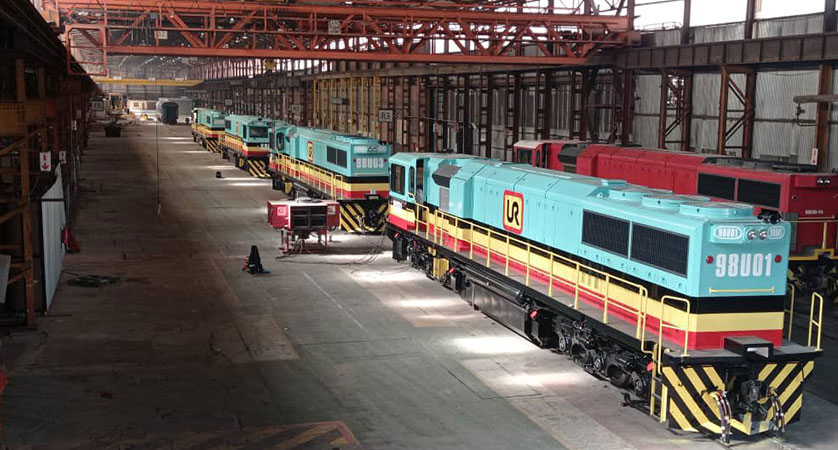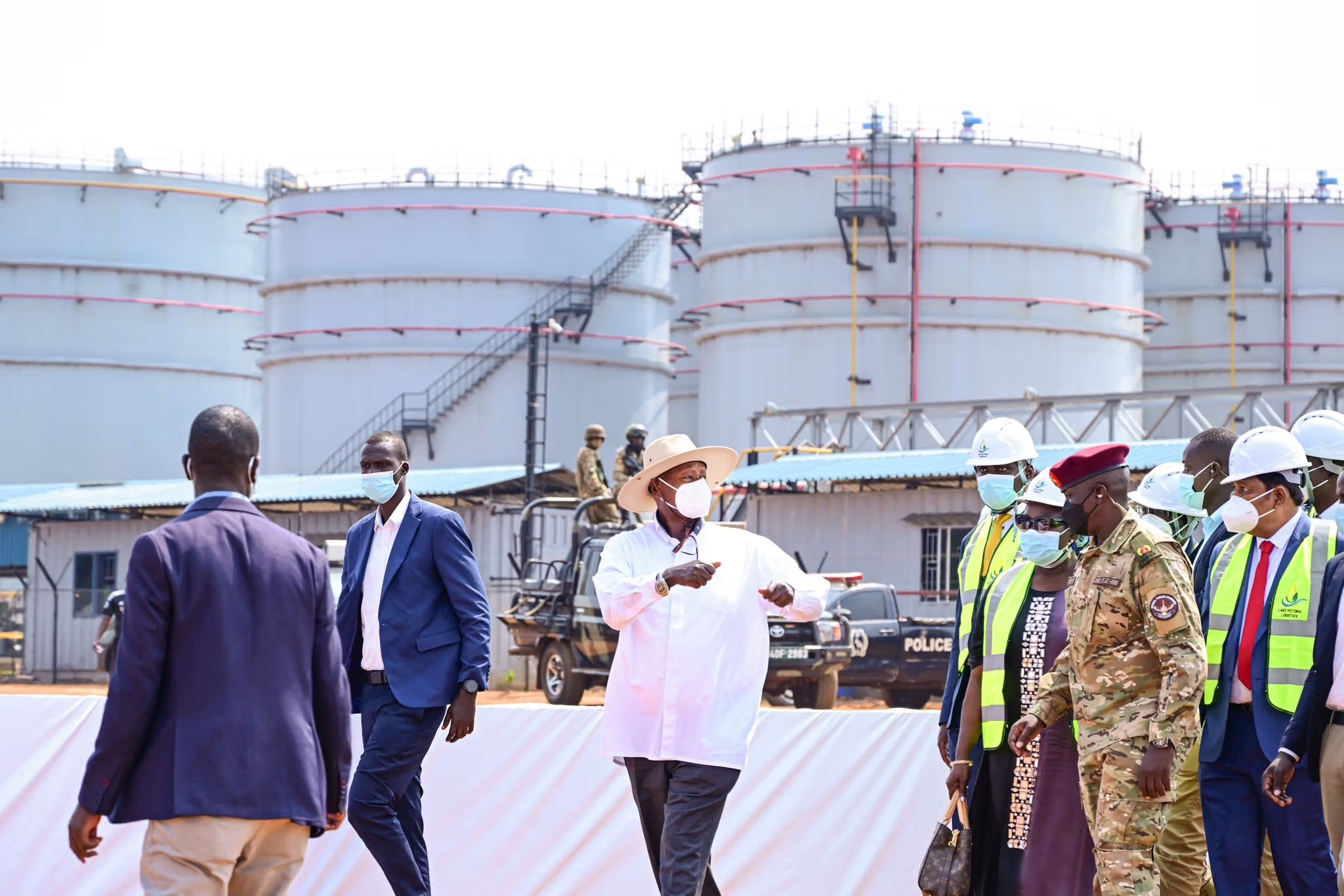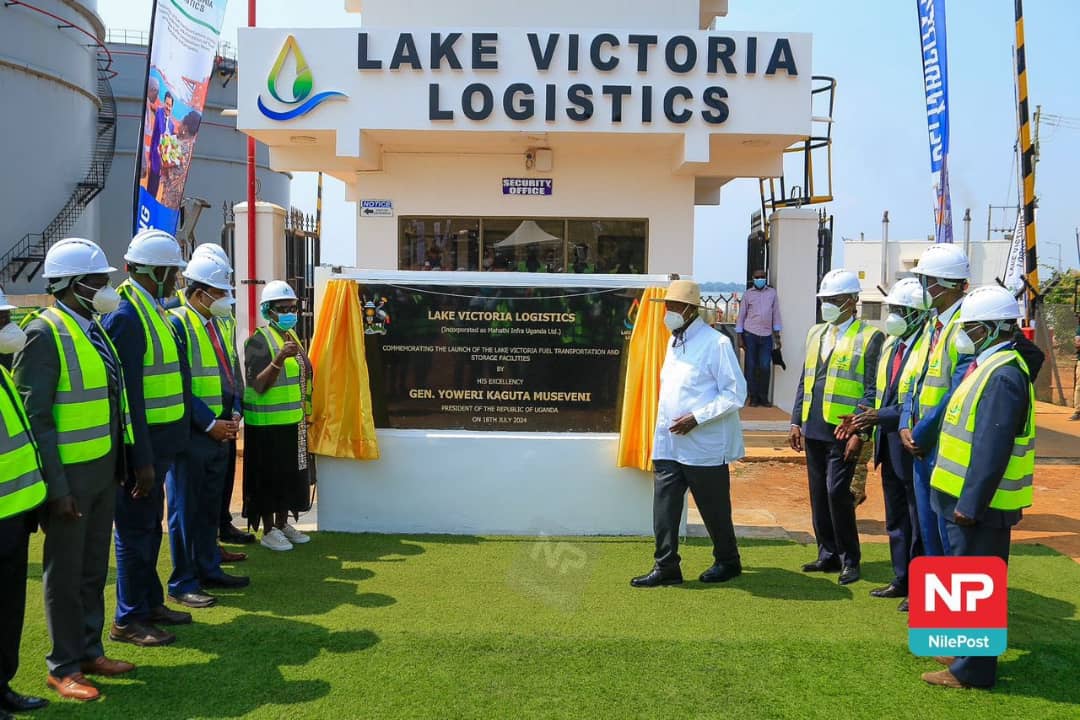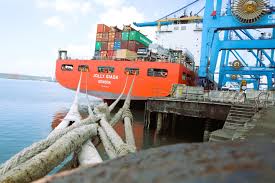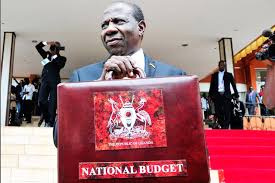Uganda | Nile Breweries Limited –
Beer maker AB InBev’s Ugandan unit, Nile Breweries Limited (NBL), has through recycling and efficiency measures, slashed water consumption at its Mbarara brewery by 40pc relative to 2013, when it was commissioned.
Speaking during World Water Day commemoration in Mbarara, George Odong, Brewing Manager, at the Mbarara plant, attributed the significant reduction in water usage to the introduction of innovative solutions to optimize water consumption in its operations at the plant over the years.
“Water is not only essential to our brewing process but also to the communities we serve. That’s why we are committed to using this vital resource responsibly,” Odong said adding: “At NBL, we take a holistic approach to water risk management and are committed to environmental stewardship while maintaining production excellence.
According to Odong, the brewery has invested in technologically advanced water treatment and recycling systems that purify and recycle water within the production processes and has incorporated high-efficiency cooling systems and automated processes that optimize water use and reduce wastage ion the production processes.
“Our goal is to continually reduce our water footprint while meeting our operational needs and upholding our commitment to sustainable water use.
“We have invested in water treatment technologies at the plant that ensure all water used in the brewing process is thoroughly treated before being discharged back into natural waterways. Treated wastewater flowing out of the facility is repurposed for non-production activities like floor cleaning and gardening, further minimizing waste,” he explained.
The Mbarara brewery relies on River Rwizi as its primary water source. To enhance water availability and quality, the brewery has contributed to restoring the river and addressing water security challenges within its catchment area. These efforts have been supported by collaborative partnerships with the World Wide Fund Uganda, the Ministry of Water and Environment, local governments, and communities.
To commemorate World Water Day under the theme “Cheers to Nature,” NBL and its partners planted yet more bamboo trees along River Rwizi banks to protect the ecosystem. “By planting the bamboo trees we aim to strengthen the riverbank, prevent soil erosion, and enhance the river’s natural filtration system, contributing to improved water quality and ecosystem health” said Clare Asiimwe, the Corporate Affairs Manager at NBL.
So far, 270 hectares of the river have been mapped and demarcated, with over 25 hectares restored along a 27 km stretch. “We understand the interconnectedness of our operations and the health of River Rwizi. We are actively collaborating with local partners to address water security challenges within the river’s catchment area.
“We have created alternative livelihood opportunities for the local communities, reducing their dependency on the river’s immediate resources,” Ms Asiimwe explained.
Approximately 1,000 households have been mobilized to adopt sustainable land management practices. Additionally, nine rain harvesting systems have been installed, and 13 are under construction to provide drinking water to hundreds of households with the Rwizi catchment.

